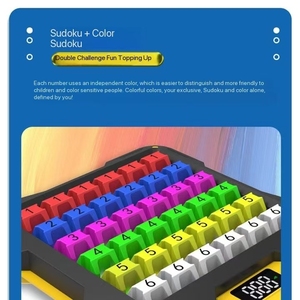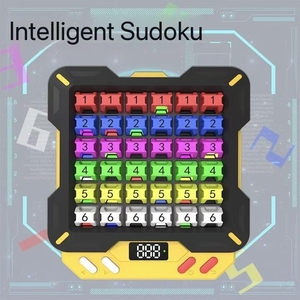Introduction to Player Thinking Games
Player thinking games are essential tools for enhancing cognitive skills and promoting strategic thinking among players. These games stimulate mental processes like problem-solving, memory, and analytical thinking, making them an excellent choice for educational purposes and leisure activities alike. Whether you are looking to improve your own skills or provide a fun learning experience for others, player thinking games are a vibrant blend of fun and functionality.
Types of Player Thinking Games
- Puzzles: Engage the mind with jigsaw, crossword, and Sudoku puzzles that require logical reasoning and strategy.
- Board Games: Classics like chess and checkers, along with modern strategy games, challenge players to outthink their opponents.
- Card Games: Games like bridge and poker where strategy, probability, and psychology intertwine for a refreshing gameplay experience.
- Video Games: Many video games focus on strategic thinking, requiring players to solve complex scenarios and make real-time decisions.
Function and Features of Player Thinking Games
- Cognitive Skill Development: These games promote higher-level thinking skills, enhancing abilities such as analysis, evaluation, and creativity.
- Social Interaction: Often designed for multiple players, these games encourage teamwork and social engagement, making them perfect for gatherings or educational settings.
- Adaptation to Skill Levels: Many player thinking games can be easily adjusted to suit various skill levels, ensuring that they remain challenging for all participants.
- Variety of Formats: From traditional board games to modern digital formats, player thinking games come in various forms that cater to diverse preferences and learning styles.
Applications of Player Thinking Games
- Educational Purposes: Teachers and educators can use these games to build critical thinking skills in students and enhance intellectual engagement.
- Workshops and Team Building: Companies often implement group thinking games for team-building exercises, fostering collaboration and strategic thinking among employees.
- Family Bonding: These games serve as excellent family activities that can strengthen relationships through interactive and enjoyable gameplay.
- Skill Evolution: Dedicated players can enhance their strategic play and improve their decision-making capabilities through consistent practice and engagement.
Advantages of Player Thinking Games
- Enhancement of Mental Agility: Regularly engaging in player thinking games sharpens the mind, improving both mental agility and processing speed.
- Stress Relief: These games provide a great way to unwind and relax, serving as a positive distraction from daily stressors.
- Development of Social Skills: Playing with others helps individuals develop important social skills, such as communication and cooperation.
- Long-term Engagement: With countless varieties and evolving gameplay, players can enjoy a lasting interest that keeps their minds sharp over time.





















































